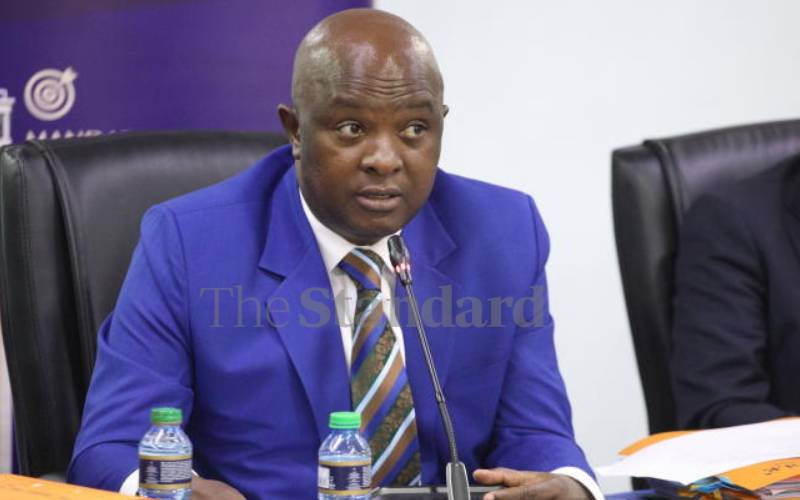×
The Standard e-Paper
Home To Bold Columnists

Vihiga Senator Godfrey Osotsi has sponsored a Bill that seeks to enhance the fine from Sh500,000 to Sh2 million for those who fail to appear before Parliament or committees.
The Parliamentary Powers and Privileges (Amendment) Bill, 2023 seeks to amend the Parliamentary Powers and Privileges Act to provide clarity on how the powers of arrest are to be exercised by Parliament and the committees.